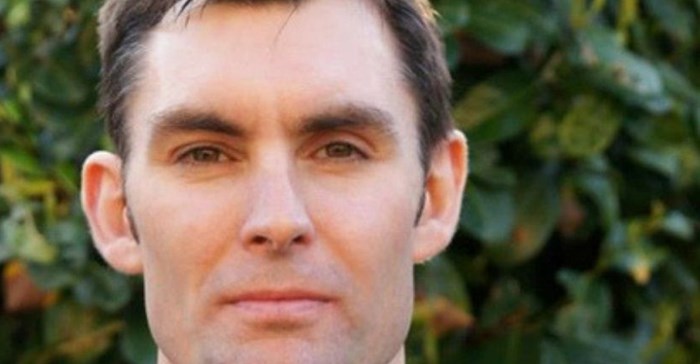






Prescribed assets are a percentage of retirement fund assets that, legally, would have to be allocated to certain government-approved instruments. They were first introduced in South Africa in 1956 when the Pension Funds Act was promulgated, and the prescribed assets were government bonds. The government continued this practice into the 1970s before being scrapped in 1989, and for most of this period funds had to invest more than half their assets in South African government and parastatal bonds.
Currently Regulation 28 of the Pension Funds Act, stipulates that at least 60% of funds are invested in South African assets (The balance can be invested offshore and elsewhere in Africa).
It would be relatively easy for the government to amend or broaden this regulation once again, to compel fund managers to invest in government bonds or government projects or state owned enterprises.
The public statement of intention to review prescribed assets reflects a state of panic in the South African economy: “In desperate times people do desperate things…often very stupid things. We’re heading into that territory now with the ANC. I’m afraid it’s very hard to talk openly about this situation without sounding like a total scaremonger but the realities of SA’s fiscal position are rather sobering. SA has been going bankrupt for a long time but it’s unwinding fast now. Eskom will be telling and prescribed assets is just one more survival strategy for the ANC," says Mike Abbott, Sable International’s wealth director.
He believes the risk is real and does not bode well for South African pension holders: “It poses something of a conundrum for advisors. Does one advise an SA resident pension member to withdraw all pension assets? If you have an RA or provident fund you can do that. If you’re younger than pension age and in an employer scheme you can’t. It’s a very tricky situation with no easy answers. It certainly makes a case for offshore trust based pensions as those cannot be touched by any prescribed assets legislation but offshore pension trusts don’t get tax relief on contributions so they are not appropriate in every situation.”
The main concern about prescribed assets is that they are usually prescribed because there isn’t sufficient demand for them based on their investment merits, and nominating a prescribed asset creates an artificial demand, driving the price up, and the higher price inevitably doesn't deliver on future investment returns.
It is important to note that the ANC’s 2019 manifesto uses the word ‘investigate’ which indicates that the party is still at the initial stage of considering the merits, impact and practical implications of reintroducing prescribed assets.
“The SA government has tried to foster savings with tax breaks that support investing in retirement funds – it seems self-defeating to jeopardise this with a prescribed asset policy that makes these funds unattractive,” says Abbott.
“The worrying factor is the government’s debt to GDP ratio, it’s reliance on foreign inflows to finance an Eskom and SAA restructuring, all of which may force its hand in introducing prescribed assets, if there is an investment downgrade.
“If foreign investors pull out, the government will need to find alternative investment sources to fund their projects and keep state owned enterprises (SOEs) afloat. With 36% of government debt being funded by international investment, an investment downgrade would precipitate a crisis in funding,” says Abbott.
“We used to say SA residents should only have SA based investments in their main residences and in their pensions. We might be about to remove the latter from that advice – we will watch the situation carefully.”